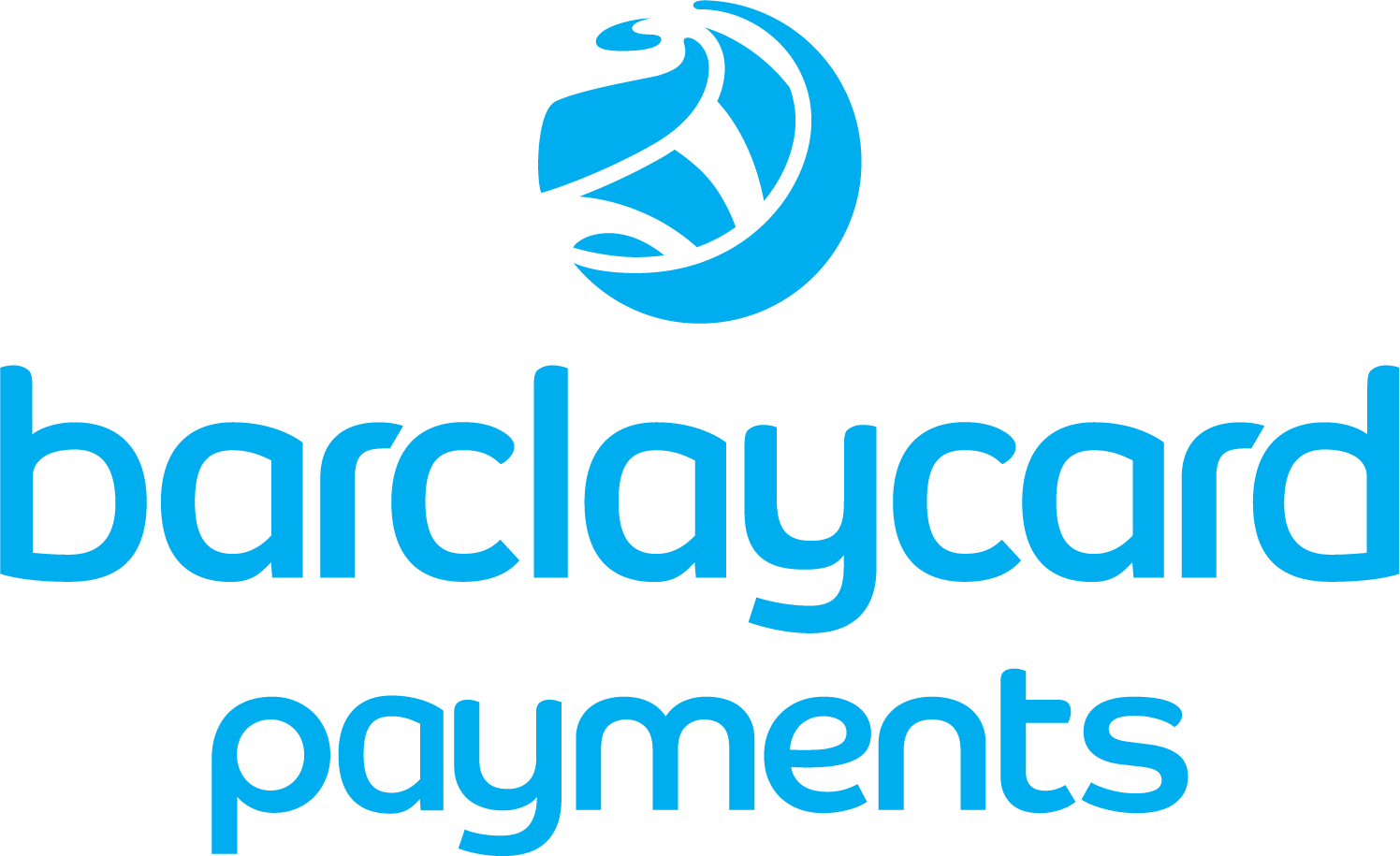- Compare Card Processing Rates from as low as 0.27%
- Keep your card processing fees to a minimum
- Direct access to 80% of the UK’s leading acquiring banks
- Make the right choice for your next UK payment provider
- Ensure your rates always remain competitive
- Seamlessly switch payment provider without a hitch






We're rated Excellent on
Understanding Rates for Credit Card Processing: A Comprehensive Guide
For UK businesses, accepting credit card payments is essential for staying competitive. However, navigating the complex world of credit card processing fees can be challenging. From interchange fees to the various costs associated with each credit card transaction, understanding these expenses is crucial. Additionally, recognizing the importance of the monthly fee imposed by payment gateways and card processors is vital for managing your business operations efficiently.
This guide breaks down the different rates for credit card processing, helping you identify potential hidden fees and choose the best payment processor for your needs.
How Credit Card Processing Works
Before diving into processing fees, it’s important to understand how card transactions work. When a customer pays with a credit card or debit card, multiple parties are involved:
- Cardholder – The customer making the purchase.
- Merchant – Your business, which accepts card payments.
- Payment Gateway – Facilitates secure online payments.
- Payment Processor – Handles the transaction between banks.
- Card Networks – Visa, Mastercard, American Express, etc.
- Card Issuer – The bank that issued the customer’s card.
Each party charges a fee, contributing to the total payment processing fees your business incurs for every credit card transaction.
Definition and Explanation of Fees
Credit card processing fees are charges incurred by businesses when customers make payments via credit or debit cards. These fees cover the services and technology used to handle the transaction, including safely and securely transferring the payment data. The fees are typically passed on to the business owner, who is responsible for bearing the costs.
There are several types of fees associated with credit card processing, including:
- Transaction Fees: These are the most common type of fee, typically ranging from 1.5% to 3.5% of each sale. They are charged by the payment processor for handling the transaction.
- Authorisation Fees: These fees range from 1p to 3p per sale and are charged for verifying the customer’s card details to ensure the transaction is legitimate.
- Merchant Service Fees: These fees range from 0.25% to 0.35% and are charged for the services provided by the payment processor, such as customer support and account management.
- Interchange Fees: These fees are paid to the card issuer and range from 0.2% to 0.3% for domestic consumer debit and credit card transactions. They compensate the card issuer for the risk and cost of processing the transaction.
- Assessment Fees: These fees are paid to the card networks and range from 0.01% to 1% per transaction. They cover the cost of maintaining the card network infrastructure.
Understanding these fees is crucial for businesses to manage their costs effectively and choose the right payment processor.
Importance of Understanding Fees for Businesses
Understanding credit card processing fees is crucial for businesses to manage their finances effectively. By knowing the types of fees and how they are calculated, businesses can make informed decisions about their payment processing and avoid unnecessary losses.
Credit card processing fees can have a significant impact on a business’s bottom line, especially for small businesses or those with high-volume transactions. These fees can quickly add up, eating into profits if not properly managed. By understanding the fees and negotiating with payment processors, businesses can reduce their costs and increase their revenue.
Moreover, being aware of these fees allows businesses to budget more accurately and set appropriate pricing strategies. It also helps in identifying any hidden fees that might be included in the payment processor’s contract, ensuring that businesses are not caught off guard by unexpected charges.
Types of Credit Card Processing Fees
1. Interchange Fees
Interchange fees are set by card networks (Visa, Mastercard, etc.) and paid to the card issuer. These fees vary based on:
- Card type (credit, debit, corporate, rewards cards)
- Transaction method (in-person, online, digital wallets)
- Transaction volume and average transaction value
Debit cards typically have lower fees, while American Express credit cards and corporate cards often have higher interchange fees.
2. Scheme Fees (Assessment Fees)
Scheme fees are charged by card networks for using their infrastructure. These are usually a small percentage of the card payment transaction value.
3. Payment Processor Fees
Your merchant service provider or payment service provider charges fees for facilitating transactions. These may include:
- Flat fee per transaction
- Percentage of the transaction (e.g., 1.5% + 20p)
- Monthly fee (e.g., minimum monthly service charge)
4. Payment Gateway Fees
For online payments, a payment gateway (e.g., Stripe, PayPal) charges fees for securely transmitting transaction data. These may be a flat fee or a percentage of the sale.
5. Merchant Account Fees
If you have a dedicated merchant account, you may incur:
- Monthly service fee
- PCI compliance fee (for security standards)
- Setup fees
6. Chargeback and Dispute Fees
If a customer disputes a transaction, you may face:
- Chargeback fees (typically £10–£20 per dispute)
- Dispute fees if the chargeback escalates
7. Hidden Fees
Some providers include hidden fees, such as:
- Minimum monthly service fees (if you don’t meet a transaction threshold)
- Early termination fees
- Batch processing fees
Factors Affecting Credit Card Processing Rates
1. Business Type & Risk Level
High-risk industries (e.g., travel, gambling) face higher fees due to increased fraud risk.
2. Transaction Method
- In-person payments (via card readers) have lower fees than online payments.
- Cross-border transactions incur additional charges.
3. Card Type
- Debit cards = lower fees
- Corporate & rewards cards = higher fees
4. Payment Provider
Different credit card processing providers offer varying fees charged. Comparing providers can help secure lower fees.
How to Calculate Credit Card Processing Fees
Calculating credit card processing fees can be complex, but it’s essential to understand how they are calculated to make informed decisions about payment processing. Here’s a step-by-step guide to calculating credit card processing fees:
- Determine the Transaction Fee: This is the percentage of the sale that is charged by the payment processor. For example, if the transaction fee is 2% and the sale amount is £100, the transaction fee would be £2.
- Determine the Authorisation Fee: This is the fee charged for verifying the customer’s card details. If the authorisation fee is 2p per transaction, this amount is added to the total fee.
- Determine the Merchant Service Fee: This is the fee charged for the services provided by the payment processor. If the merchant service fee is 0.3%, and the sale amount is £100, the fee would be 30p.
- Determine the Interchange Fee: This is the fee paid to the card issuer. For a domestic consumer debit card transaction, this might be 0.2%. For a £100 sale, the interchange fee would be 20p.
- Determine the Assessment Fee: This is the fee paid to the card networks. If the assessment fee is 0.1%, and the sale amount is £100, the fee would be 10p.
- Calculate the Total Fee: Add up all the fees to determine the total credit card processing fee. In this example, the total fee would be £2.62 (transaction fee + authorisation fee + merchant service fee + interchange fee + assessment fee).
By following these steps, businesses can accurately calculate their credit card processing fees and better manage their costs.
Typical Costs for Credit Card Processing
The typical costs for credit card processing vary depending on the payment processor and the services offered. Here are some typical costs for credit card processing:
- Transaction Fees: These typically range from 1.5% to 3.5% of each sale. This fee is charged by the payment processor for handling the transaction.
- Authorisation Fees: These fees range from 1p to 3p per sale and are charged for verifying the customer’s card details.
- Merchant Service Fees: These fees range from 0.25% to 0.35% and are charged for the services provided by the payment processor, such as customer support and account management.
- Interchange Fees: These fees range from 0.2% to 0.3% for domestic consumer debit and credit card transactions. They are paid to the card issuer to compensate for the risk and cost of processing the transaction.
- Assessment Fees: These fees range from 0.01% to 1% per transaction and are paid to the card networks to cover the cost of maintaining the card network infrastructure.
Understanding these typical costs can help businesses budget for credit card processing and choose the most cost-effective payment processor.
Can I Pass on the Processing Costs to My Customers?
No, it is illegal to pass credit card processing fees directly to customers. Since 2018, it is prohibited for businesses to add a surcharge to payments made by credit or debit cards. Businesses are responsible for bearing the costs of credit card processing fees.
However, businesses can offer incentives, such as discounts, to customers who pay in cash or with a debit card. This can help reduce the costs associated with credit card processing fees. For example, offering a small discount for cash payments can encourage customers to choose this payment method, thereby saving the business money on processing fees.
By understanding the regulations and exploring alternative strategies, businesses can manage their credit card processing costs effectively without violating the law.
How to Reduce Credit Card Processing Costs
- Negotiate with Providers – High transaction volume can help secure better rates.
- Use a Blended Pricing Model – Simplifies processing costs with a single rate.
- Encourage Debit Card Payments – Lower interchange fees than credit cards.
- Avoid Chargebacks – Clear refund policies reduce dispute fees.
- Compare Payment Service Providers – Look for transparent merchant service fees.
Choosing the Right Payment Processor
When selecting a merchant service provider, consider:
- Fees paid (interchange++, flat rate, tiered pricing)
- Contract terms (avoid long-term lock-ins)
- Payment methods supported (e.g., digital wallets, payment links)
- Customer support
Popular UK payment processing services include:
- Stripe – Competitive rates for online payments
- Worldpay – Good for high-volume businesses
- Square – Ideal for small businesses with card readers
Understanding rates for credit card processing helps businesses optimise costs and improve profitability. By comparing merchant account fees, payment gateway fees, and processing fees, you can choose the best payment processing solution for your needs.
Whether you’re taking credit card payments in-store or online, staying informed about scheme fees, interchange fees, and hidden fees ensures you avoid unnecessary expenses.
For UK businesses, working with transparent payment service providers and negotiating better terms can lead to significant savings—helping you focus on growing your business while keeping card processing fees under control.
By carefully analysing your average transaction value, transaction volume, and business operations, you can select a cost-effective credit card processing solution that aligns with your financial goals.
Would you like help finding the best payment processor for your business? Compare quotes today to secure the most competitive credit card processing fees in the UK!
